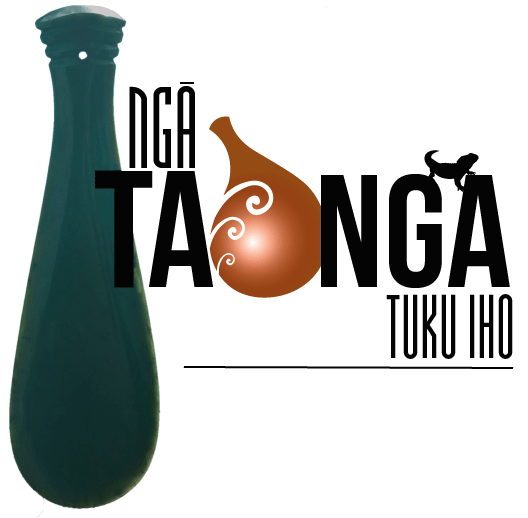Huihuinga Matauranga – 3 Concurrent Workshops
Wānanga Tuawhā/Workshop 4: Protocols for Mātauranga Māori, Taonga Māori and associated data in National Collections
ROOM: Maitai 1
There is an increasing interest in improving access to collections of national significance and ensuring Māori governance of these resources. Research institutions and networks are looking for practical ways to operationalise kaitiakitanga over taonga and digital resources.
This workshop will explore a range of approaches to addressing access and use of mātauranga Māori and taonga in research including for commercial application. Who owns Mātauranga Māori and taonga in national collections? How are kaitiaki interests being considered?
- Te Reo Tāwhiri/Convenor: Melanie Mark Shadbolt (National Biological Heritage Challenge)
- Kairīpoata/Rapporteur Maui Hudson (University of Waikato)
- Kaikawe kōrero/Presenters: James Whetu (Sustainable Seas National Science Challenge), Hemi Whaanga (University of Waikato), Phillip Wilcox (University of Otago), Bethany Matai Edmunds and Zoe Richardson (Auckland Museum), Holden Hohaia (Manaaki Whenua)
Wānanga Tuarima/Workshop 5: Indigenous artists, musicians, digital developers – protecting indigenous creative works
ROOM: Maitai 2
Are there sufficient mechanisms in place to protect the creative works of Māori and indigenous creative contemporary works? What measures are indigenous artists, designers, musicians, digital developers, and others working in the creative sectors, taking to proactively protect their own creations? What is needed in policies and laws at the national and international levels to support and expand protection?
The Waitangi Tribunal’s Wai Report on WAI 262 proposed a framework for the protection of Māori rights and interests using the categories, taonga works, taonga-derived works, and closely-held mātauranga Māori. Do these categories encompass all the issues facing Māori designers? How should such kaitiaki interests be considered in the current intellectual property system, now and beyond? What might Treaty of Waitangi-consistent or tikanga-based trademark and copyright regimes look like
- Te Reo Tāwhiri/Convenor: Moana Maniapoto (Singer/Composer)
- Kairīpoata/Rapporteur: Angela Grant (University of Waikato, law student)
- Kaikawe kōrero/Presenters: Rio Hemopo-Hunuki (Composer/Musician/Game Developer), Wi Pere MIta (Te Matatini), Bernard Makoare (Carver), Terri Janke (IP Lawyer), Kiri Nathan (Fashion Designer)
Wānanga Tuaono/Workshop 6: Geographical Indications, Appellations & Biocultural Heritage Labelling
ROOM: Waimea
Geographical Indications (GIs) have been used to great success in some places for certain products. If NZ adopted a GI law (in addition to its existing trademark approach) would GIs be viable for Māori and indigenous businesses? Internationally there is little agreement on exactly what GIs protect and how. There are some who regard GIs as the best way forward for what many Māori are trying to achieve, particularly in the food and beverage sector, and others who have concerns that GIs are too costly and time intensive to maintain. The Quechua communities of the Parque de la Papa (Potato Park) in Peru have designed a sui generis system that sits totally outside the conventional intellectual property regime, Biocultural Heritage Labelling. Would this be a good option for Māori? This session will explore the Biocultural Heritage labelling initiative and discuss when GIs are valuable and when they are a challenge- the pitfalls and opportunities.
- Te Reo Tāwhiri/Convenor: Lynell Tuffery-Huria (AJ Park)
- Kairīpoata/Rapporteur: Williame Gucake (Victoria University of Wellington law student)
- Kaikawe kōrero/Presenters: Victor Goldsmith (Ngāti Porou Miere Ltd. Partnership), Alejandro Argumedo (ANDES), Tom Walters, Marcus Pickens (Wine Marlborough)
